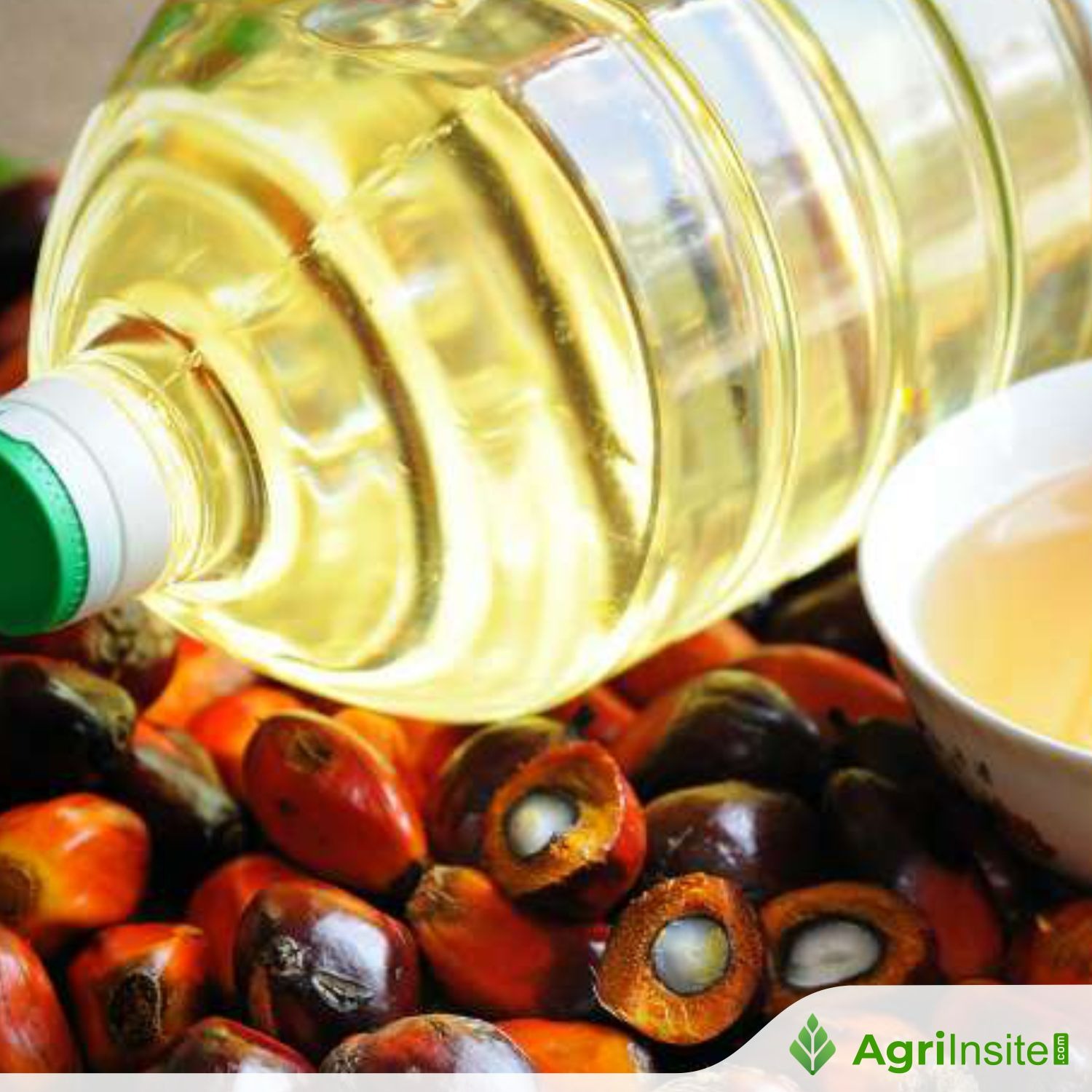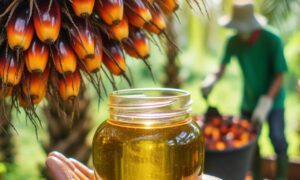Sri Lankan farmers demand restoration of oil palm plantations

The Ceylon Planters’ Association urges lifting the 2021 oil palm ban, citing billions in losses, 5,000 job cuts, and stalled investments. The ban destroyed ₹550 million in seedlings and jeopardized ₹23 billion more, worsening Sri Lanka’s economic crisis and forcing workers into lower-paying tea and rubber sectors, reports Daily Mirror.
The Ceylon Planters’ Association has called for the lifting of the 2021 ban on oil palm cultivation, arguing that the government’s decision caused multibillion-rupee losses, destroyed thousands of jobs, and worsened the country’s food and currency crises, reports Daily Mirror. The ban directly led to the destruction of seedlings worth 550 million rupees, while an additional 23 billion rupees in investments are now at risk. The industry, which previously provided 5,000 jobs and 21,000 supplementary income sources, was paralyzed. Workers who once earned twice as much as in the tea and rubber sectors have had to move to these lower-paying industries, compounding economic hardship.
The ripple effects extended across other sectors. The food industry, valued at 200 billion rupees, faced shortages of edible oil, driving up bread and confectionery prices. The pharmaceutical and hygiene product sectors also struggled with disrupted supply chains. National dependence on imports has risen, costing Sri Lanka $35 million annually for oil imports, further straining the country’s foreign currency reserves. The association rejects environmental arguments against oil palm cultivation, emphasizing that plantations in Sri Lanka were established on degraded land previously used for rubber rather than through deforestation. Globally, oil palm is recognized as an efficient and sustainable crop under WHO and WWF-endorsed RSPO standards. Citing India’s experience—increasing oil palm plantings by 45% in five years—farmers argue that lifting the ban, implementing standards, and receiving state support could restore lost revenues and strengthen Sri Lanka’s food security.
Previously, Papua New Guinea announced plans to revive its oil palm industry, presenting strategic measures to strengthen the sector and ensure its long-term sustainability.
To Read more about Edible Oil News continue reading Agriinsite.com
Source : Ukr Agro Consult














